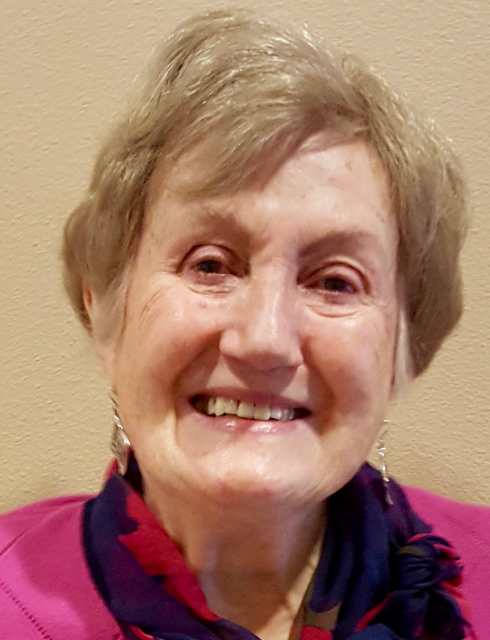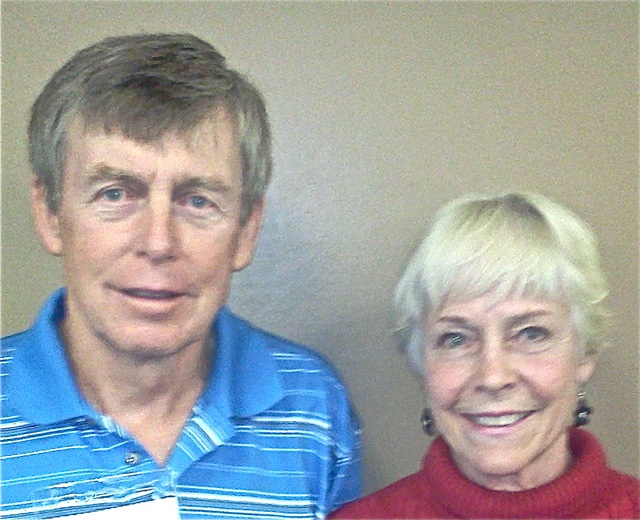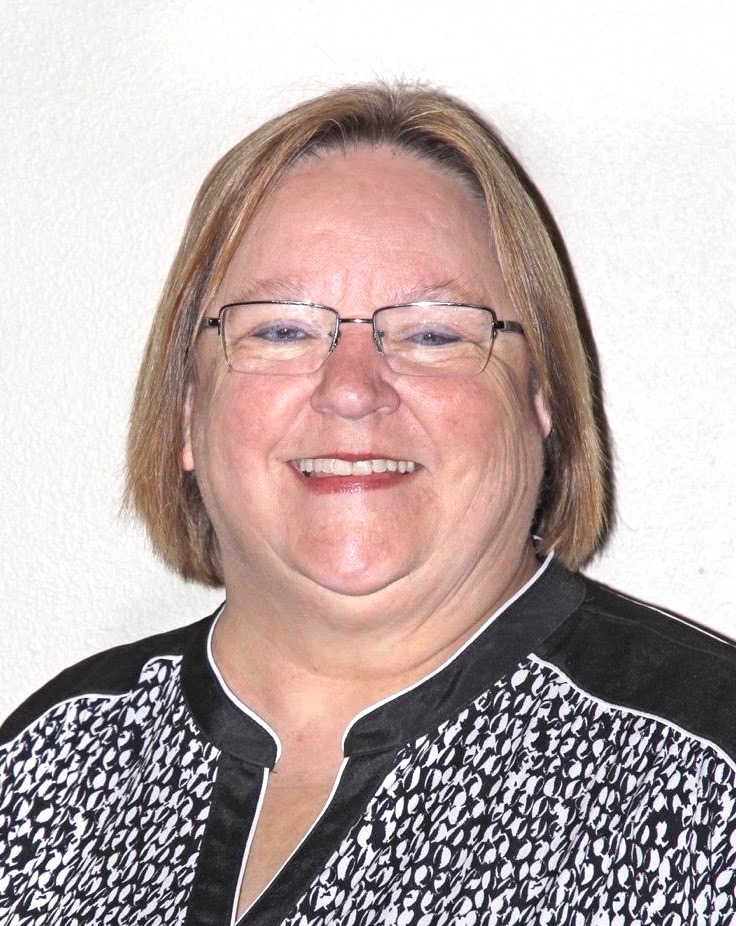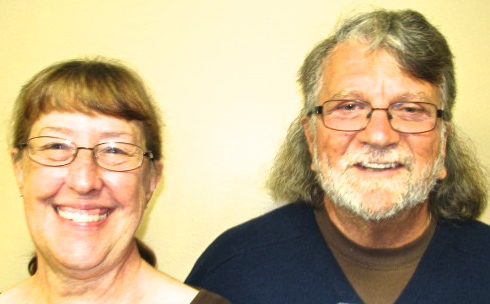Tuesday, April 4
| 10:30 a.m.–12:30 p.m. | "Can Human Populations Be Stabilized?" Steven Warren [Kay Reichlin], Kaneko Auditorium Historical examples of demographic change, in China, Italy, Nigeria, Utah, Easter Island, and elsewhere, together with simple mathematics and biological principles, show that stabilizing world population before it is limited by food supply will be more difficult than is generally appreciated. United Nations population projections are wrong because they assume, in spite of the absence of necessary feedbacks, that all nations will converge rapidly to replacement-level fertility and thereafter remain at that level. Producing more than two offspring is normal for all animal species with stable populations, because their populations are limited by resources or predation rather than birth control. It may therefore be appropriate to view the growth of human population as the result, not of excess fertility, but rather of excess food.
|
| 1:30 – 3:30 p.m. | Music Potpourri, [Solveig Holmquist], Kaneko Auditorium Six ICL members will share some of their favorite music selections with us. This popular session will feature: Ann Shaffer (A) Marion Dearman (C)
BREAK (D) Peter Ronai's contribution: "Music to Migrate By" |
Thursday, April 6
| 10:30 a.m.–12:30 p.m. | "Where is the Public in Public Education?" Jon Yoder [Anne Bowden], Kaneko Auditorium It is time for communities and educators to expand their current efforts and develop community-based programs that will build civic engagement in our community. The idea of taking a village to raise a child is often missing from our public education system. A more concerted effort is needed to involve the young citizens of our community in whose hands we leave the future of our world.
|
| 1:30 – 3:30 p.m. | "The Healing Power of Mindfulness," Jerry Braza [Ingrid Brandt], Kaneko Auditorium Mindfulness is the quality of being aware of what is happening while it is happening, without judgment. See for yourself its beneficial, wholesome impact on physical, emotional, mental, and spiritual wellbeing. Did you know that practicing mindfulness improves both mental and physical health? Mindful Healing includes: Awareness of the present moment; Learning how to rewire your brain for happiness and health; Developing mindfulness strategies for coping with stress and enhancing well-being.
For over 35 years he has been a leading voice in the field of health, psychology and mindfulness. A Professor Emeritus (Western Oregon University), Jerry is frequently asked to lead seminars, trainings, workshops and retreats on engaged mindfulness, health and wellness. He is the author of two successful books on mindfulness. The Seeds of Love: Growing Mindful Relationships, focuses on applying mindfulness to deepen the depth and quality of relationships. His book Moment by Moment: The Art and Practice of Mindfulness, published in six languages, offers a beginner’s guide to learning the practice. He brings a wealth of practical experience from working with thousands of students and leading hundreds of groups interested in supporting health and wellness through applied mindfulness practices. His experience includes work in hospitals, mental and behavioral health groups, and non-profit organizations. |
Tuesday, April 11
| 8:30 a.m.–4:30 p.m. | Field Trip [Carol & George Moeller], Monrovia Commercial Nursery, Minto Island Farms Agricultural Tour We meet at Willamette Heritage parking lot at 9:15AM, with the bus leaving promptly at 9:30AM, and we return around 4PM. |
Thursday, April 13
| 10:30 a.m.–12:30 p.m. | "The Knight in The Panther Skin," Lyn Coffin [Betsy Belshaw], Kaneko Auditorium "The Knight in the Panther Skin" is the National Poem of Georgia. Written in the 12th century, it is an adventure story that entranced our presentor so much, she prepared a new translation, although she does not speak or write Georgian. For this work, she received the highest award for poetry from the Georgian government. Lyn Coffin is an American poet, fiction writer, playwright, translator, non-fiction writer, and editor who lives in Seattle.
"Coffin may be the most accomplished writer most Americans have never heard of." -Iron Twine Press |
| 1:30 – 2:30 p.m. | Phil Hanni Scholar Presentation: "Laser Ablation Studies in Brass," Jacqueline Remmel [Faculty Sponsor Michaela Kleinert, ICL Sponsor Mark Kasoff], Kaneko Auditorium To honor Phil Hanni, a long time chaplain at WU and an active member of ICL, we take great pleasure presenting this award each year to the six top student scholars as judged by a panel of Willamette faculty and ICL members.
Abstract: Laser ablation is the precise removal of small amounts of material using an intense, pulsed laser beam. Very precise control of the movement of the beam allows the surface structure of the material to be changed on the scale of micrometers. This process, known as micromachining, can cause changes in the surface properties of the material. For example, micromachining can be used to make metals repel water. In this research, we use a picosecond pulsed laser to perform ablation on brass samples. We have conducted various experiments to see how we can make our ablation as precise as possible, with the ultimate goal of micromachining brass. Bio: (Majors: Physics and French, Graduating in 2017) |
| 2:30–3:30 p.m. | Phil Hanni Student Scholar Presentation (Continued): "Human-Scrub Jay Partnership in Oak Savanna Restoration," Tucker Wasuta [Faculty Sponsor Karen Arabas, ICL Sponsor Ken Panck], Kaneko Auditorium
Bio: (Major: Environmental Science, Graduating in 2017) |
Tuesday, April 18
| 10:30 a.m.–12:30 p.m. | "The Solar Eclipse, August 21, 2017," Nick Liepins [Don Gallagher], Kaneko Auditorium Monday, August 21, 2017, a total eclipse of the Sun will be visible in the continental United States for the first time in many decades. The 50-mile diameter shadow that the moon casts will first touch land near Depot Bay on the coast, race through the middle of Oregon, continue on to the central states and pass the east coast an hour and a half after entering Oregon. What is special about this eclipse is that the eastward moving shadow will pass directly over Salem. For a dozen seconds before the sun is fully covered, an eeriness will creep in as we watch blue sky rapidly darken and strange “shadow bands” race across the ground. Then, for almost two full minutes, daylight turns to night, with stars popping out across the sky. In the past such awesome apparitions caused our earliest ancestors to imagine that terrifying dragons were at work or that the sudden disappearance of the sun signaled displeasure of the gods and was an omen of bad things to come. Amateur astronomer, Nick Liepins, has been waiting for this event for 40 years. Nick will explain what exactly causes this phenomenon, what to expect and how to safely observe this once-in-a-lifetime event.
|
| 1:30 – 3:30 p.m. | "Train Your Brain: An Evidence Based and Holistic Approach to Optimal Brain Health," Rob Winningham [Jim McDonald], Kaneko Auditorium There is mounting evidence that lifestyle factors, including staying mentally active, can delay memory problems. Dr. Winningham will discuss recent research related to the "use it or lose it" theory of memory and aging. He will share a number of cognitive stimulation interventions that can be used to exercise targeted regions of the brain. He will also show how iPads can be used to maximize brain health. Then he will discuss the very latest research on the effects of physical exercise, nutrition, and social support on the likelihood of developing memory problems. The take-home message is optimistic and motivating: There are many practical things that all of us can do to maximize our memory abilities.
Dr. Winningham has provided a PDF file of his presentation, and would like ICL members to have access to it before his presentation. It is a large file (7MB) so it will take a while to download, even with a broadband connection. |
Thursday, April 20
| 10:30 a.m.–12:30 p.m. | "Great Decisions: Saudi Arabia in Transition," Jeanette Flaming, Kaneko Auditorium
As Saudi Arabia struggles to adjust to the drastic decline in oil revenue, Deputy Crown Prince Mohammad bin Salman attempts to boldly transform the country and shift more power to the younger generation. At the same time, many countries such as the U.S. point out the lack of democracy, women's rights and human rights in Saudi Arabia, and blame its promotion of Wahhabism, an extremely conservative version of Islam, for creating jihadists. Bipartisan criticism of Saudi Arabia is rising in Congress. Both countries need each other, but they are at a crossroads in bilateral relations. David Engen and others will be leading the discussion of this topic. |
| 1:30 – 2:30 p.m. | Phil Hanni Student Scholar presentation: "Why America's Pacific Century Fell Short," Jessica Weiss [Faculty Sponsor Greg Felker, ICL Sponsor Jim Brown], Kaneko Auditorium To honor Phil Hanni, a long time chaplain at WU and an active member of ICL, we take great pleasure presenting this award each year to the six top student scholars as judged by a panel of Willamette faculty and ICL members. The "Pivot to Asia" was a term coined after the publication of America’s Pacific Century, which is explicitly exemplified through six goals stated by Hillary Clinton: “strengthening bilateral security alliances; deepening America's relationships with rising powers, including China; engaging with regional multilateral institutions; expanding trade and investment; forging a broad-based military presence; and advancing democracy and human rights.” I explore how all of these goals have either failed or worsened since 2011, with the criteria for failure being whether or not actions taken have even marginally improved the United States’ military or diplomatic aims in the Asia-Pacific. Bio: (Majors: International Studies, Economics, Minors: Chinese, Politics, Graduating in 2017) Last year, ICL members joked with me by calling me "future Secretary of State." I'm hoping that one day, that won't seem like a joke. |
| 2:30–3:30 p.m. | Phil Hanni Student Scholar Presentation (Continued): "Mayfly Drift in Response to Artificial Light at Night–A Case Study in Science Communication," JoAnna Hernandez [Faculty Sponsor Liz Perkin, ICL Sponsor Bob Muir], Kaneko Auditorium
Bio: (Major: Biology, Graduating in 2017) |
Tuesday, April 25
| 10:30 –11:30 a.m. | "Writing Potpourri," Lois Rosen, Kaneko Auditorium Members of the ICL Writing Group, led by ICL member Lois Rosen, will offer a fragrant blend of their stories and poems. You’re most cordially invited to enjoy the mix of vivid, lively, wise writing of the members of the group, including the following ICL authors:
| |||||||
| 11:30 a.m.–12:30 p.m. | Contemporary Literature Discussion: "The Latehomecomer: A Hmong Family Memoir," Kao Kalia Yang [Jan Svingen], Kaneko Auditorium 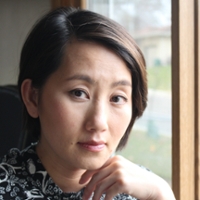 In search of a place to call home, thousands of Hmong families made the journey from the war-torn jungles of Laos to the overcrowded refugee camps of Thailand and onward to America. But lacking a written language of their own, the Hmong experience has been primarily recorded by others. Driven to tell her family’s story after her grandmother’s death, Kao Kalia Yang wrote The Latehomecomer in tribute to the remarkable woman whose spirit held them all together. Together with her sister, Kao Kalia Yang is the founder of a company dedicated to helping immigrants with writing, translating, and business services. A graduate of Carleton College and Columbia University, Yang has recently screened The Place Where We Were Born, a film documenting the experiences of Hmong American refugees. Visit her website at www.kaokaliayang.com. In search of a place to call home, thousands of Hmong families made the journey from the war-torn jungles of Laos to the overcrowded refugee camps of Thailand and onward to America. But lacking a written language of their own, the Hmong experience has been primarily recorded by others. Driven to tell her family’s story after her grandmother’s death, Kao Kalia Yang wrote The Latehomecomer in tribute to the remarkable woman whose spirit held them all together. Together with her sister, Kao Kalia Yang is the founder of a company dedicated to helping immigrants with writing, translating, and business services. A graduate of Carleton College and Columbia University, Yang has recently screened The Place Where We Were Born, a film documenting the experiences of Hmong American refugees. Visit her website at www.kaokaliayang.com. | |||||||
| 1:30 – 2:30 p.m. | Phil Hanni Student Scholar Presentation: "The Role of Mental Health and Crisis in the Criminal Justice System–Incarceration Diversion in Marion County," Racyne Parker [Faculty Sponsor Rebecca Dobkins, ICL Sponsor Solveig Holmquist], Kaneko Auditorium To honor Phil Hanni, a long time chaplain at WU and an active member of ICL, we take great pleasure presenting this award each year to the six top student scholars as judged by a panel of Willamette faculty and ICL members. Bio: (Majors: Anthropology, Biology, Graduating in 2017) | |||||||
| 2:30–3:30 p.m. | Phil Hanni Student Scholar Presentation (Continued): "The Relationship Between Emergency Overcrowding and the Affordable Care Act–Underlying Causes and Solutions," Abigail Furlow [Faculty Sponsor Stasinos Stavreaneas, ICL Sponsor Deborah Ehlers], Kaneko Auditorium
Bio: (Major Exercise Science, Graduating in 2017) |
Thursday, April 27
| 10:30 a.m.–12:30 p.m. | ICL Up Close [Don Gallagher], Kaneko Auditorium ICL is made up of a very interesting group of folks with fascinating backgrounds. In this session which has become an ICL tradition, we will get to know a few of them a little better, as we ask them to share an interesting story from their family, their work experience, or world experience. Today we will hear stories from six ICL Members:
| ||||||||
| 12:30 – ~3:00 p.m. | End-of-Year Luncheon and Annual General Meeting, Montag Den At the Annual General Meeting the slate of nominees for the 2017-8 Board comes to a vote. | ||||||||
| After end-of-semester luncheon | April ICL Board Meeting, Montag Conference Room |


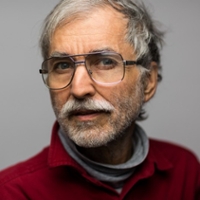 Professor Stephen Warren received his Ph.D. at Harvard University in 1973. He has been at the University of Washington since 1982, where he is now Emeritus Professor of Atmospheric Sciences and Earth & Space Sciences. His research interest is the interaction of solar radiation with snow, clouds, and sea ice, and their role in climate. He has carried out fieldwork in the Southern Ocean, the East Antarctic Plateau, Greenland, Svalbard, Canada, Siberia, and China, with Australian, Russian, French, Danish, Norwegian, Chinese, and U.S. expeditions.
Professor Stephen Warren received his Ph.D. at Harvard University in 1973. He has been at the University of Washington since 1982, where he is now Emeritus Professor of Atmospheric Sciences and Earth & Space Sciences. His research interest is the interaction of solar radiation with snow, clouds, and sea ice, and their role in climate. He has carried out fieldwork in the Southern Ocean, the East Antarctic Plateau, Greenland, Svalbard, Canada, Siberia, and China, with Australian, Russian, French, Danish, Norwegian, Chinese, and U.S. expeditions. 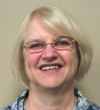 Kasia Quillinan (B)
Kasia Quillinan (B) 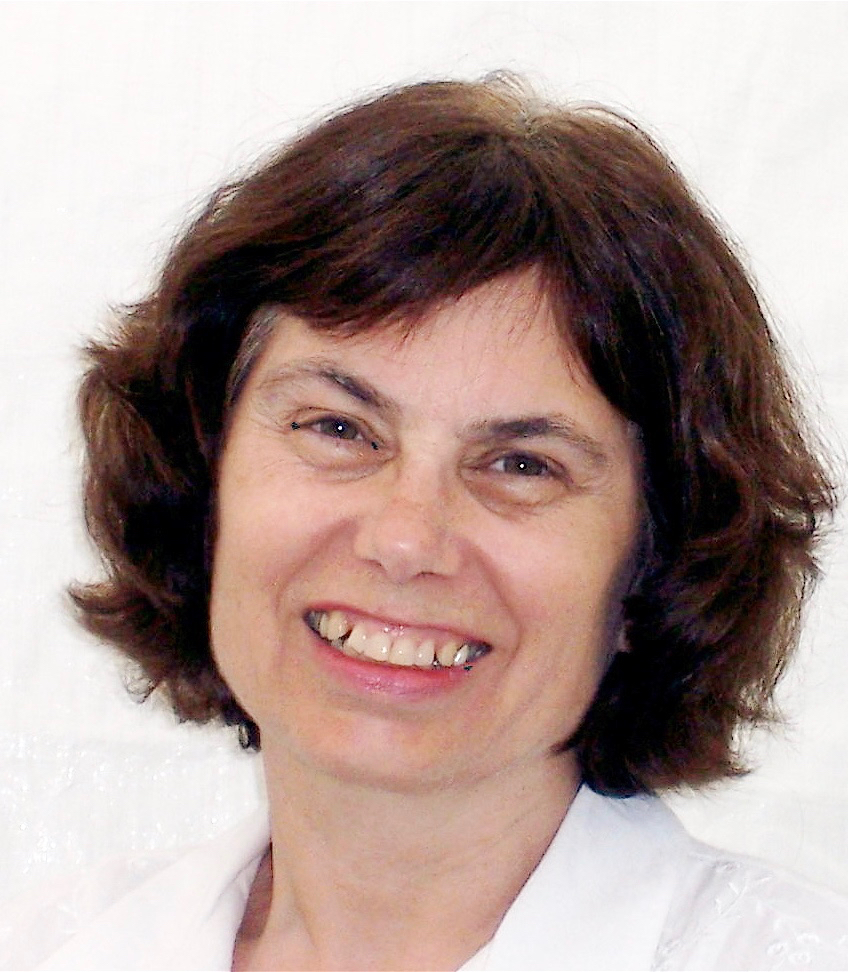
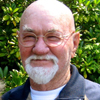 BREAK
BREAK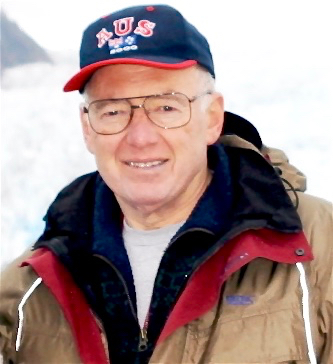 Sally Schriver (E)
Sally Schriver (E) 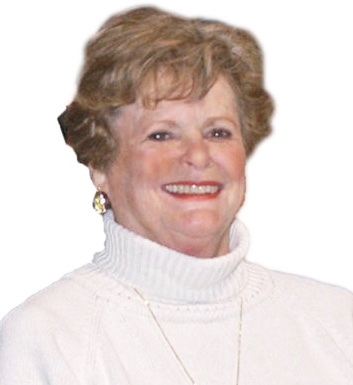
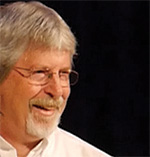 Jon Yoder was a Biology teacher at North Salem High School for many years, ending his formal education career as the Science Specialist and then the STEM Specialist for the Salem-Keizer School District. He was involved in coordinating the Mill Creek project, a restoration and educational project along Mill Creek, and led the efforts to build the Straub Environmental Learning Center. Jon has been involved with numerous local and state groups and initiatives around environmental education.
Jon Yoder was a Biology teacher at North Salem High School for many years, ending his formal education career as the Science Specialist and then the STEM Specialist for the Salem-Keizer School District. He was involved in coordinating the Mill Creek project, a restoration and educational project along Mill Creek, and led the efforts to build the Straub Environmental Learning Center. Jon has been involved with numerous local and state groups and initiatives around environmental education.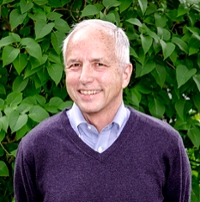 Jerry Braza, PhD is an author and professor emeritus at Western Oregon University. He writes on his website, The Seeds of Love, "
Jerry Braza, PhD is an author and professor emeritus at Western Oregon University. He writes on his website, The Seeds of Love, "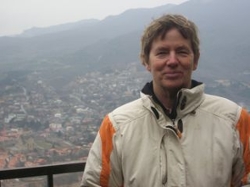 Lyn Coffin’s nineteen published books include Human Trappings (Abattoir Editions), The Poetry of Wickedness
Lyn Coffin’s nineteen published books include Human Trappings (Abattoir Editions), The Poetry of Wickedness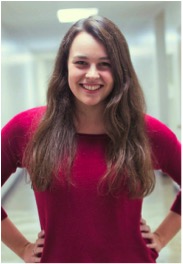
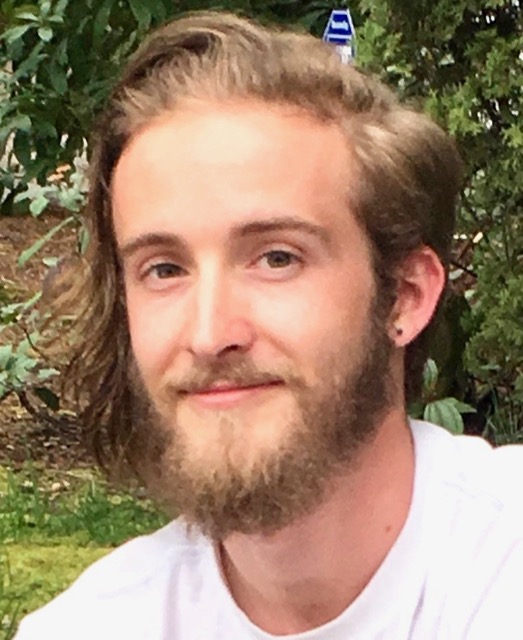 Abstract: The rapid rate of climate change and urbanization poses a major threat to a variety of plant species by changing baseline environmental conditions or fragmenting habitat. Often these rates of change exceed the ability of plant species to migrate to more hospitable environments. Traditional conservation work has focused on human cultivation and replanting of such threatened plant species. This research explores the potential for using a natural dispersal agent, the California Scrub Jay (Aphelocoma californica) to restore Oregon White Oak (Quercus garryana) populations in the Willamette Valley. Wild birds are prolific seed dispersers, and corvids (including jays) have been observed dispersing thousands of seeds in a single season. Using field observations of Scrub Jays at Zena Forest, including territory mapping and a jay-acorn dispersal experiment, I developed a model simulating the likely dispersion of acorns by jays. The results of my model will inform oak savanna restoration efforts at Zena Forest and throughout the Willamette Valley by identifying where to place piles of acorns so that jays may most effectively disperse them.
Abstract: The rapid rate of climate change and urbanization poses a major threat to a variety of plant species by changing baseline environmental conditions or fragmenting habitat. Often these rates of change exceed the ability of plant species to migrate to more hospitable environments. Traditional conservation work has focused on human cultivation and replanting of such threatened plant species. This research explores the potential for using a natural dispersal agent, the California Scrub Jay (Aphelocoma californica) to restore Oregon White Oak (Quercus garryana) populations in the Willamette Valley. Wild birds are prolific seed dispersers, and corvids (including jays) have been observed dispersing thousands of seeds in a single season. Using field observations of Scrub Jays at Zena Forest, including territory mapping and a jay-acorn dispersal experiment, I developed a model simulating the likely dispersion of acorns by jays. The results of my model will inform oak savanna restoration efforts at Zena Forest and throughout the Willamette Valley by identifying where to place piles of acorns so that jays may most effectively disperse them.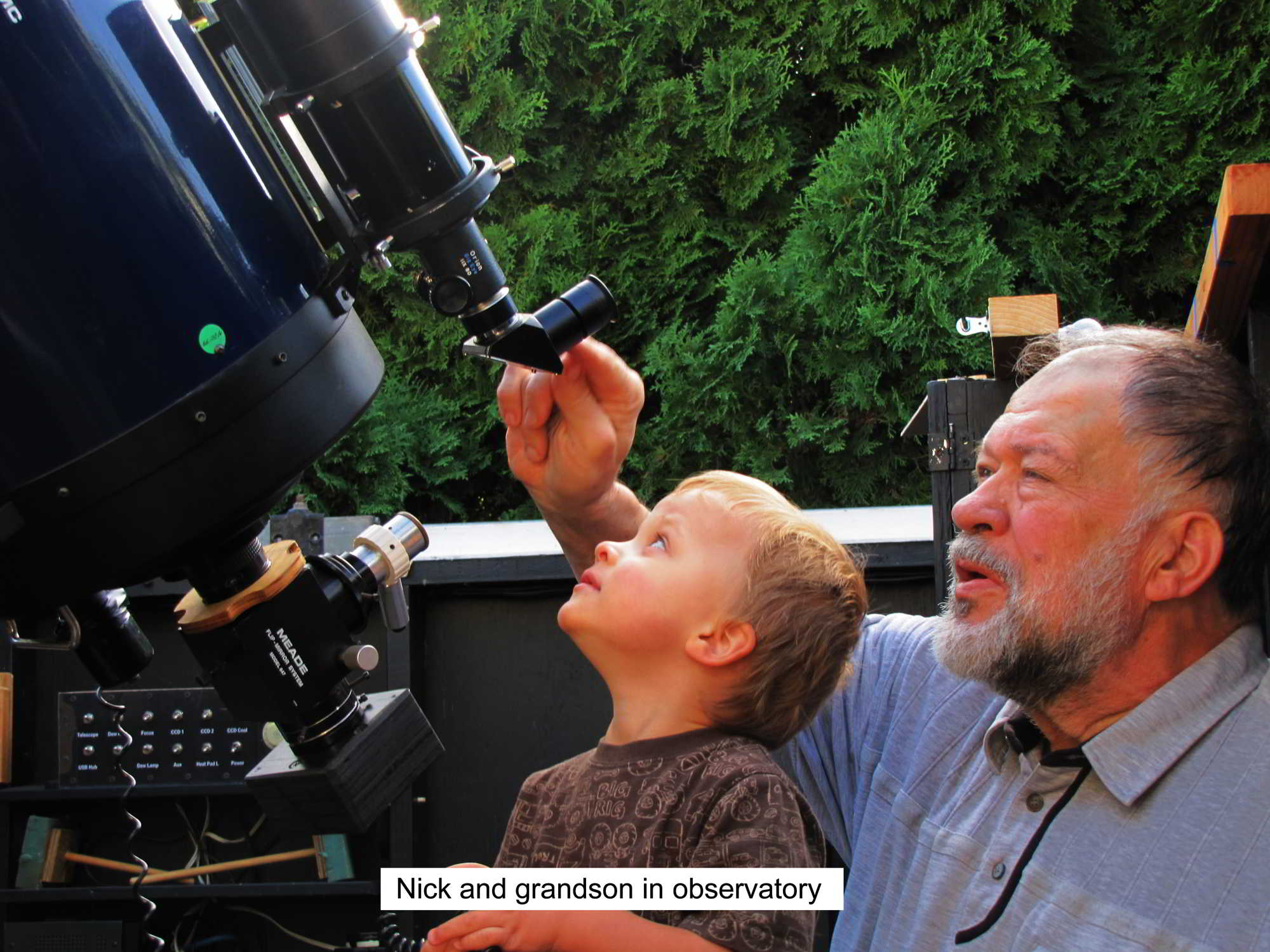 Nick Liepins is retired and is therefore able to pursue his passion as a full time astronomer. His professional career included 30 years at Willamette University where he taught Computer Science and was the first programmer and administrator in their computer center. He received a Master of Science degree in mathematics at Oregon State in 1968 specializing in Imaginary Number Theory and Turing Machine Theory. He has been an active amateur astronomer since his high school days when he built his first observatory.
Nick Liepins is retired and is therefore able to pursue his passion as a full time astronomer. His professional career included 30 years at Willamette University where he taught Computer Science and was the first programmer and administrator in their computer center. He received a Master of Science degree in mathematics at Oregon State in 1968 specializing in Imaginary Number Theory and Turing Machine Theory. He has been an active amateur astronomer since his high school days when he built his first observatory.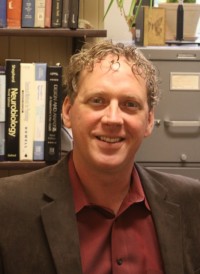 Rob Winningham, PhD, has over 20 years of experience working on applied memory issues. He creates brain stimulation activities for thousands of communities and rehabilitation facilities as a part of Dr. Rob’s Cranium Crunches on activityconnection.com and helps create cognitive stimulation video games for linkedsenior.com. Dr. Winningham is a full Professor and Past-Chair of the Behavioral Sciences Division at Western Oregon University.
Rob Winningham, PhD, has over 20 years of experience working on applied memory issues. He creates brain stimulation activities for thousands of communities and rehabilitation facilities as a part of Dr. Rob’s Cranium Crunches on activityconnection.com and helps create cognitive stimulation video games for linkedsenior.com. Dr. Winningham is a full Professor and Past-Chair of the Behavioral Sciences Division at Western Oregon University.
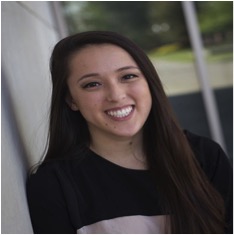 Abstract: In 2011, the Obama Administration State Department announced that the United States would be shifting its military and diplomatic goals to the Asia-Pacific region. With half of the world’s population in this region, and regional dynamics shifting faster than the United States could keep up, Secretary of State Hillary Clinton wrote America’s Pacific Century in Foreign Policy, emphasizing the need to ‘pivot’ towards Asia. Given the post-recession economic outlook, and geopolitical conflict that has caused the U.S. to turn towards different regions, Clinton claimed that it was crucial to the global order for the U.S. to follow a rebalancing strategy to maintain peace and security in the Asia-Pacific. Many events have played out since this announcement, from rising tensions in the South China Sea, to Japan's expressing interest in altering the part of their constitution that limits them to a defense-only military, to increasing nuclear aggression by North Korea. We see that increased U.S. involvement in all of these instances has drawn increased support and criticism.
Abstract: In 2011, the Obama Administration State Department announced that the United States would be shifting its military and diplomatic goals to the Asia-Pacific region. With half of the world’s population in this region, and regional dynamics shifting faster than the United States could keep up, Secretary of State Hillary Clinton wrote America’s Pacific Century in Foreign Policy, emphasizing the need to ‘pivot’ towards Asia. Given the post-recession economic outlook, and geopolitical conflict that has caused the U.S. to turn towards different regions, Clinton claimed that it was crucial to the global order for the U.S. to follow a rebalancing strategy to maintain peace and security in the Asia-Pacific. Many events have played out since this announcement, from rising tensions in the South China Sea, to Japan's expressing interest in altering the part of their constitution that limits them to a defense-only military, to increasing nuclear aggression by North Korea. We see that increased U.S. involvement in all of these instances has drawn increased support and criticism.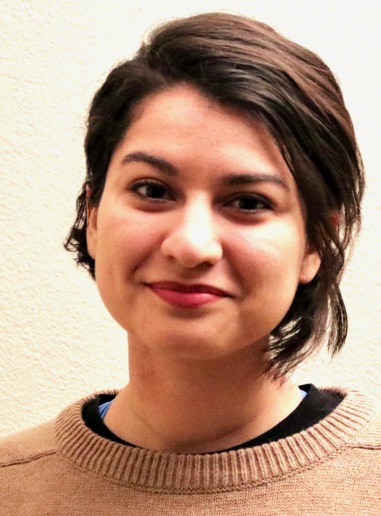 Abstract: As an interdisciplinary team, we asked: How do scientists engage audiences with their research? Is there a better way? To fully examine these questions, we conducted a research experiment to investigate how the exposure to artificial light at night may alter the drift behavior of mayflies from urban (light) and natural (dark) streams. We challenged ourselves to abandon the conventional scientific paper and develop projects that communicate these results to a larger audience. Both the science and communication presented many obstacles as we embraced our artistic nature, while adhering to the scientific method. We determined from our project that mastering the scientific language allows for efficient communication and advancement within the research community. However, there is a larger community that is often left out of these discussions. Bridging the gap in communication between scientists and the public is essential, particularly in regards to our environment and ecosystems. I will share what we learned about mayfly drift and our new insight on engaging with the non-science world. My presentation will conclude with my current project: Science Storytelling in Salem and explain how this event appeals to a wider audience and expands the definition of a "scientist."
Abstract: As an interdisciplinary team, we asked: How do scientists engage audiences with their research? Is there a better way? To fully examine these questions, we conducted a research experiment to investigate how the exposure to artificial light at night may alter the drift behavior of mayflies from urban (light) and natural (dark) streams. We challenged ourselves to abandon the conventional scientific paper and develop projects that communicate these results to a larger audience. Both the science and communication presented many obstacles as we embraced our artistic nature, while adhering to the scientific method. We determined from our project that mastering the scientific language allows for efficient communication and advancement within the research community. However, there is a larger community that is often left out of these discussions. Bridging the gap in communication between scientists and the public is essential, particularly in regards to our environment and ecosystems. I will share what we learned about mayfly drift and our new insight on engaging with the non-science world. My presentation will conclude with my current project: Science Storytelling in Salem and explain how this event appeals to a wider audience and expands the definition of a "scientist." 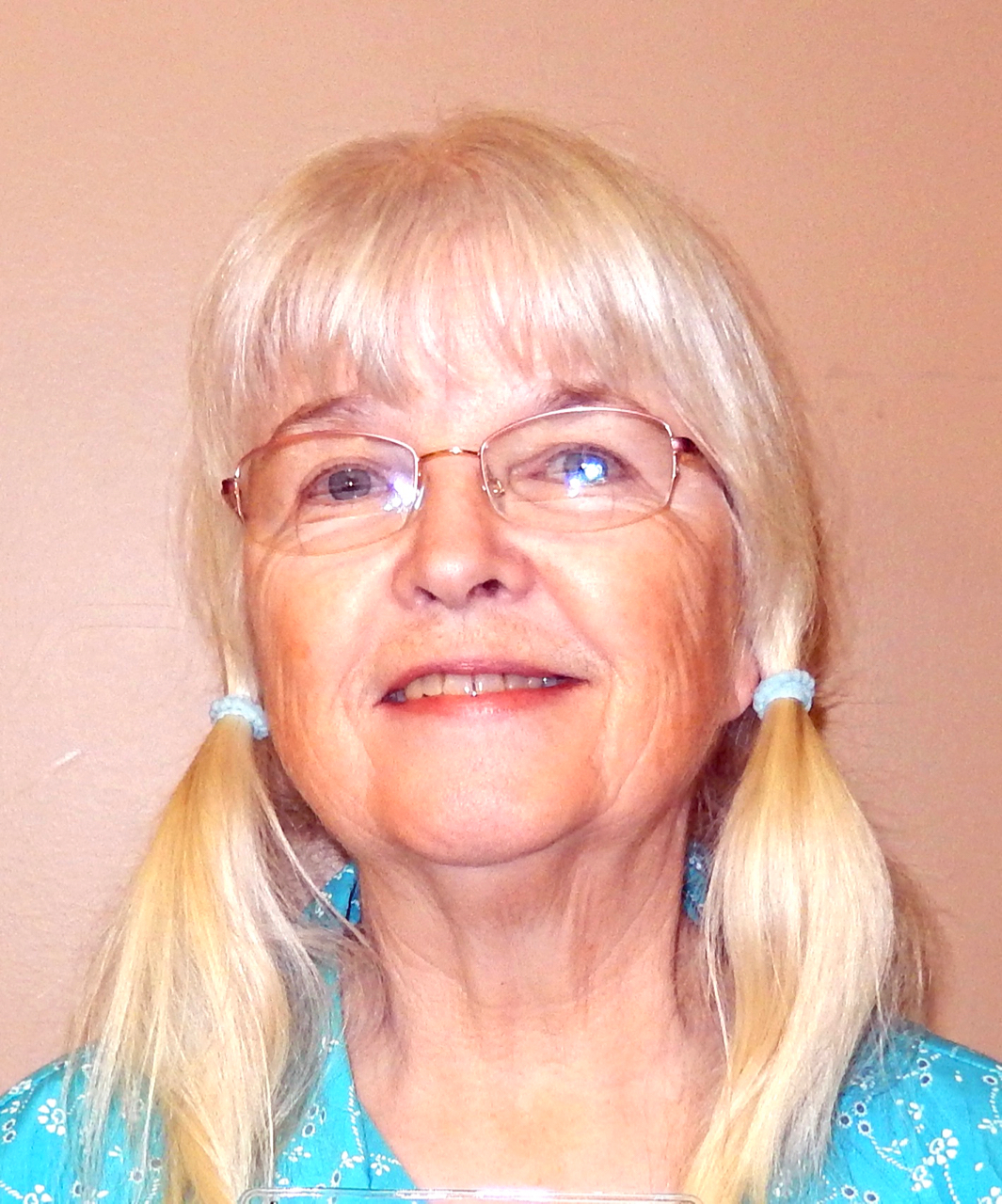
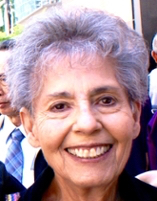
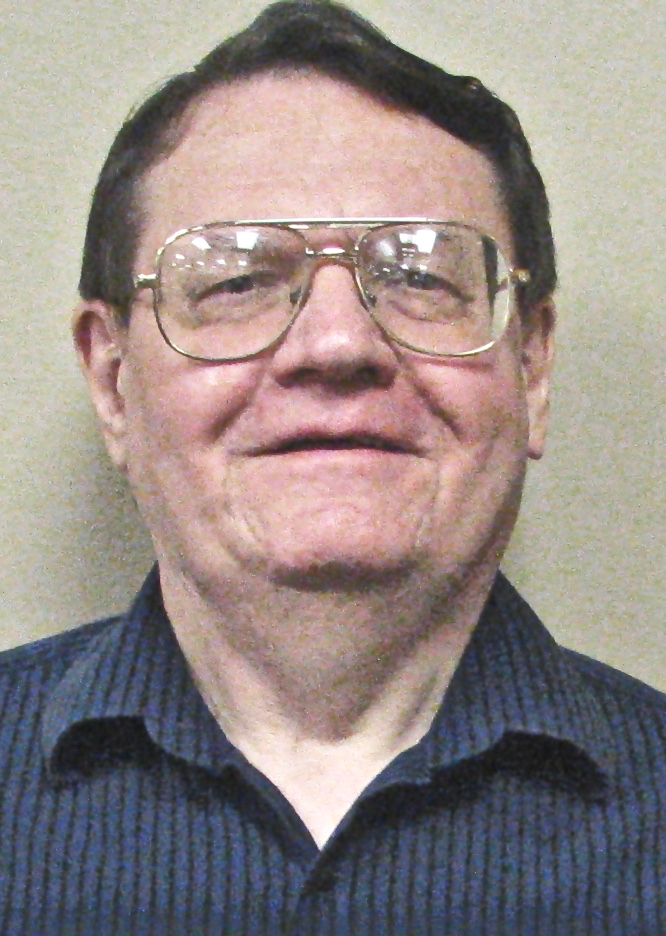
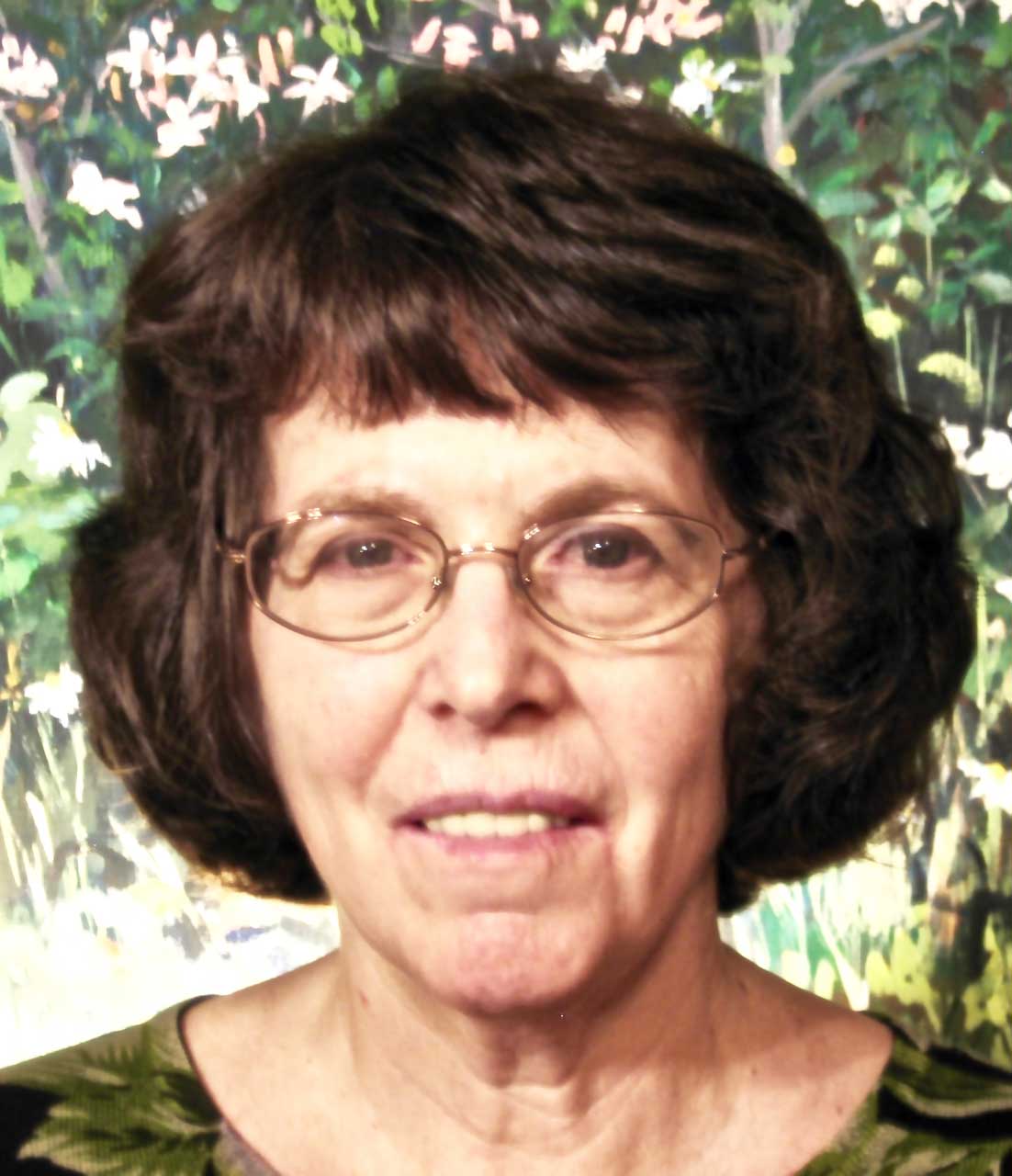
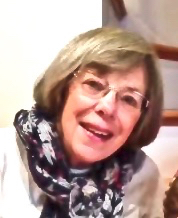
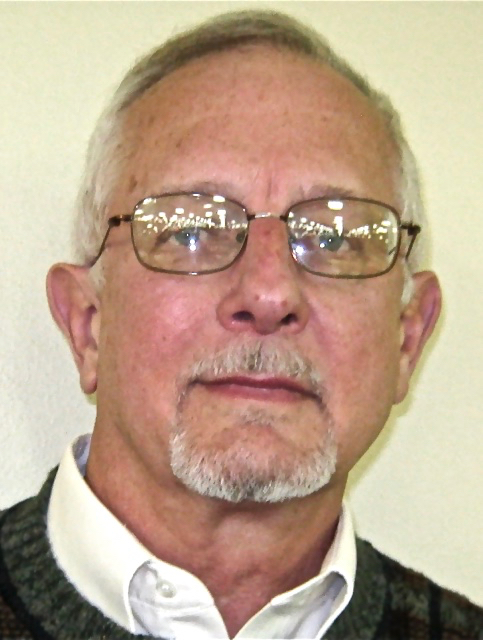
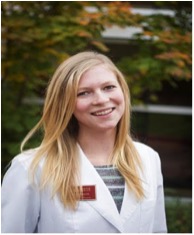 Abstract: Over the course of the semester, I have been conducting ethnographic fieldwork with the diversion programs in Marion County geared toward keeping mentally ill individuals out of the criminal justice system. Riding-along with the Crisis Outreach Response Team (CORT), engaging with the jail mental health team, learning about the Mobile Crisis Response Team (MCRT), and spending time with mental health professionals who work to connect their clients to resources at the Psychiatric Crisis Center, I have been given the opportunity to explore firsthand the diversion programs in Marion County. I aim to share my experiences and my findings regarding why these programs have been lauded as some of the most progressive in the state. A subsequent discussion of the successes and the obstacles that these relatively new teams have encountered is to follow.
Abstract: Over the course of the semester, I have been conducting ethnographic fieldwork with the diversion programs in Marion County geared toward keeping mentally ill individuals out of the criminal justice system. Riding-along with the Crisis Outreach Response Team (CORT), engaging with the jail mental health team, learning about the Mobile Crisis Response Team (MCRT), and spending time with mental health professionals who work to connect their clients to resources at the Psychiatric Crisis Center, I have been given the opportunity to explore firsthand the diversion programs in Marion County. I aim to share my experiences and my findings regarding why these programs have been lauded as some of the most progressive in the state. A subsequent discussion of the successes and the obstacles that these relatively new teams have encountered is to follow.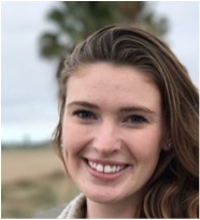 Abstract: The Affordable Care Act, also known as Obamacare or the ACA, of 2010 aimed to provide affordable care to all Americans. The ACA included several provisions to achieve this goal and to solve issues of the American healthcare system. One issue that the ACA aimed to improve was emergency department overcrowding. The purpose of this paper is to research whether or not the ACA improved emergency department overcrowding by focusing on three main provisions: the Medicaid Expansion, the Primary Care provisions, and the Dependent Coverage Expansions. This paper also investigates underlying causes and solutions to decrease emergency department overcrowding in the United States.
Abstract: The Affordable Care Act, also known as Obamacare or the ACA, of 2010 aimed to provide affordable care to all Americans. The ACA included several provisions to achieve this goal and to solve issues of the American healthcare system. One issue that the ACA aimed to improve was emergency department overcrowding. The purpose of this paper is to research whether or not the ACA improved emergency department overcrowding by focusing on three main provisions: the Medicaid Expansion, the Primary Care provisions, and the Dependent Coverage Expansions. This paper also investigates underlying causes and solutions to decrease emergency department overcrowding in the United States.